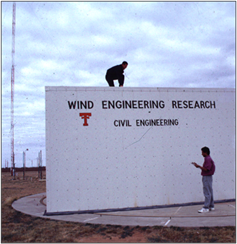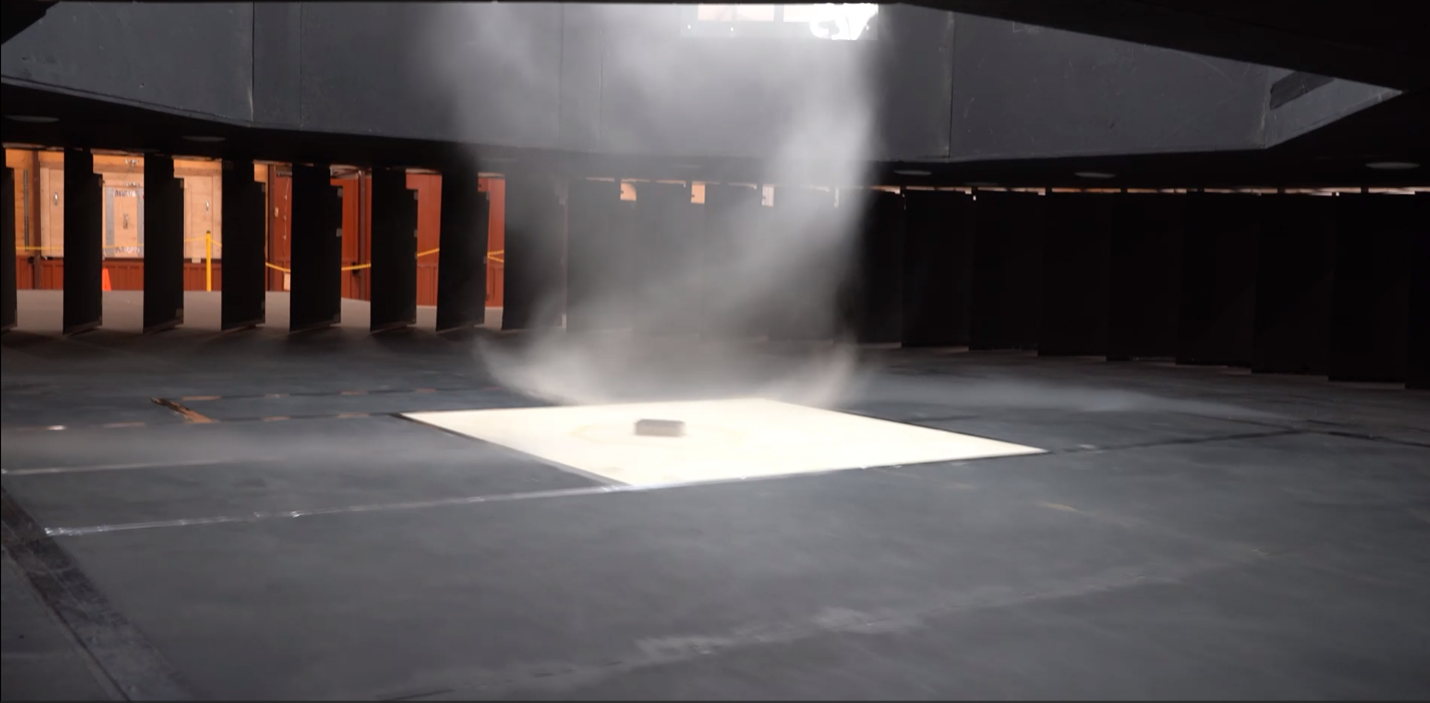Wind & Energy
Overview
Our Wind & Energy research area focuses on advancing wind engineering and renewable energy systems through interdisciplinary studies and innovative research. We delve into critical aspects such as bridge and building aerodynamics to enhance structural stability under wind loads, alongside comprehensive analyses of wind effects on structures to mitigate damages from tornadoes and hurricanes. Our investigations also extend to studying the fatigue and extreme load responses of large wind turbines, ensuring their reliability and longevity. We address aeroelastic instabilities in both onshore and offshore wind turbines, contributing to safe and efficient energy production. Additionally, our research explores structural dynamics, random vibrations, and performance-based design strategies to improve the resilience and functionality of wind-affected structures. By integrating these efforts, we aim to advance wind engineering standards and contribute to sustainable energy solutions for the future.
Research Projects
Wind Hazard and Infrastructure Performance (WHIP) Center

Dr. Kishor Mehta, P.W. Horn Distinguished Professor (ret.) is member of the National Academy of Engineering, and Distinguished Member of ASCE. He was Center Director for the NSF IUCRC Wind Hazard and Infrastructure Performance (WHIP) Center, the position he held for the past five years and has stepped down recently. Over the last fifty-four years his research focus has been on wind hazards and their impact on buildings and structures. His accomplishments include in-situ damage documentation, wind pressures on building in the field, technical criteria for in-residence shelter, and development of national wind load standard ASCE 7, EF-Scale for tornado intensity, and multidisciplinary doctoral curriculum for wind science and engineering.
Tornado Effects on Civil Infrastructure and Hazard Mitigation

Dr. Delong Zuo has been pursuing research related to tornadoes, their devastating effects on civil infrastructure, and the mitigation of these effects. In recent years, his research has received support from the National Science Foundation (NSF), the NSF-supported Industry-University Cooperative Research Center for Wind Hazard and Infrastructure Performance, and the Central Research Institute of Electric Power Industry of Japan that support this research. Using the funds provided by these entities, a research team led by Dr. Zuo has conducted both laboratory testing and numerical simulations based on computational fluid mechanics to characterize tornado-like vortices and the loading on buildings by these vortices. The outcomes of the characterization have also been used as a basis to probabilistically simulate tornado loading on buildings and investigate the structural response of the buildings to the loading. This enables the evaluation of risks that tornadoes cause to buildings and potential development of strategies and countermeasures for reducing the risks.
Faculty
Department of Civil, Environmental & Construction Engineering
-
Address
Texas Tech University, Box 41023 | Lubbock, TX 79409−1023 -
Phone
806.742.3523 -
Email
cece@ttu.edu
